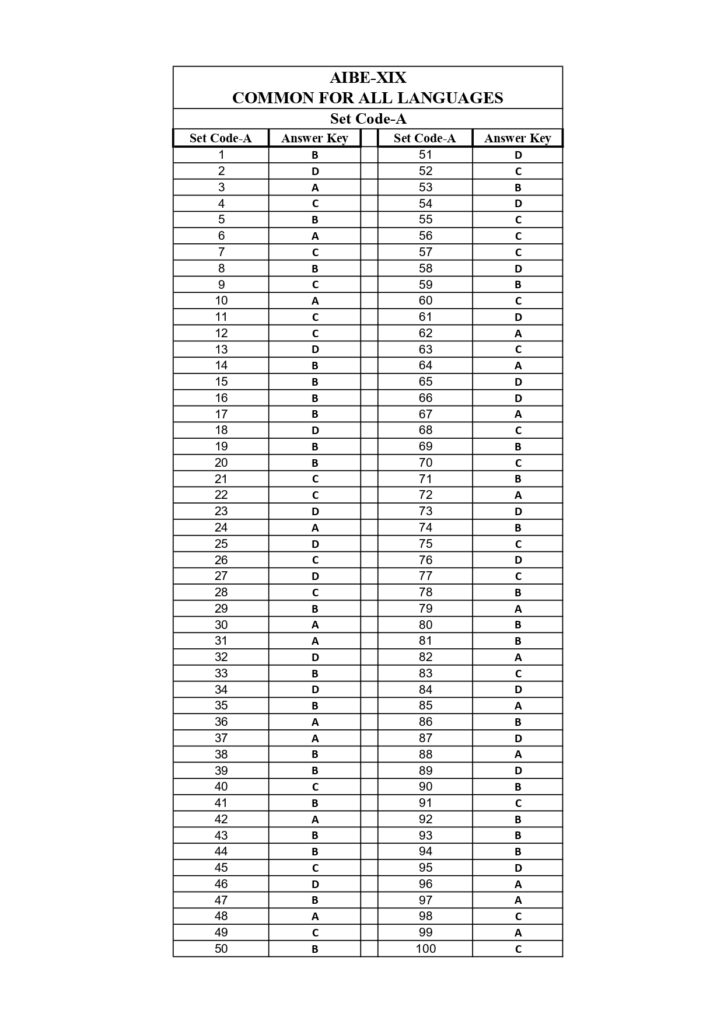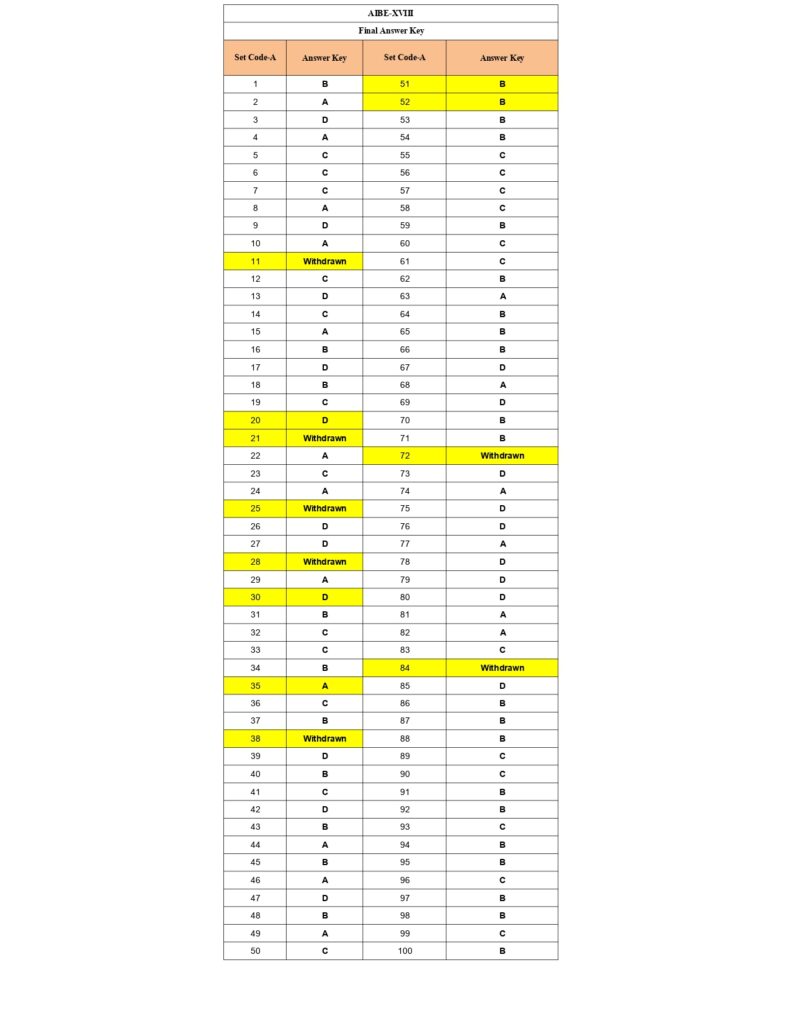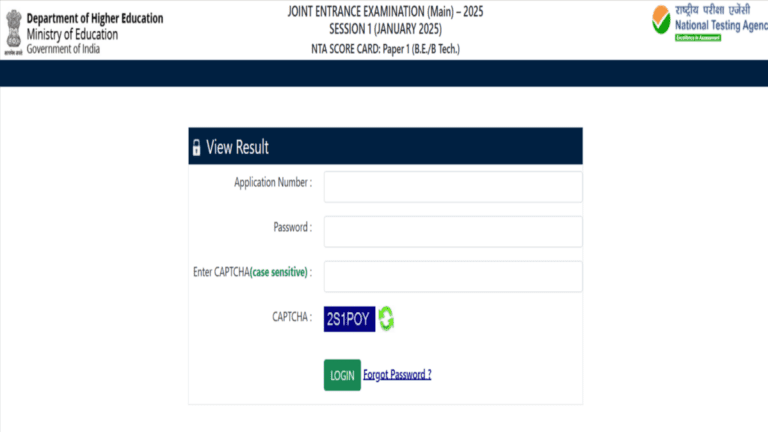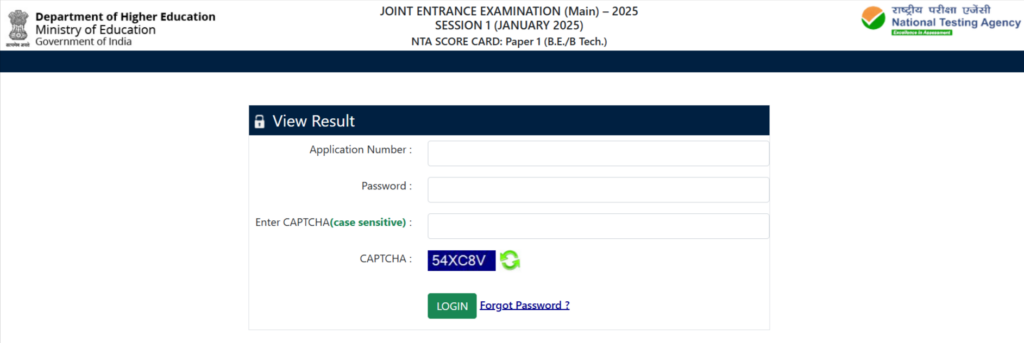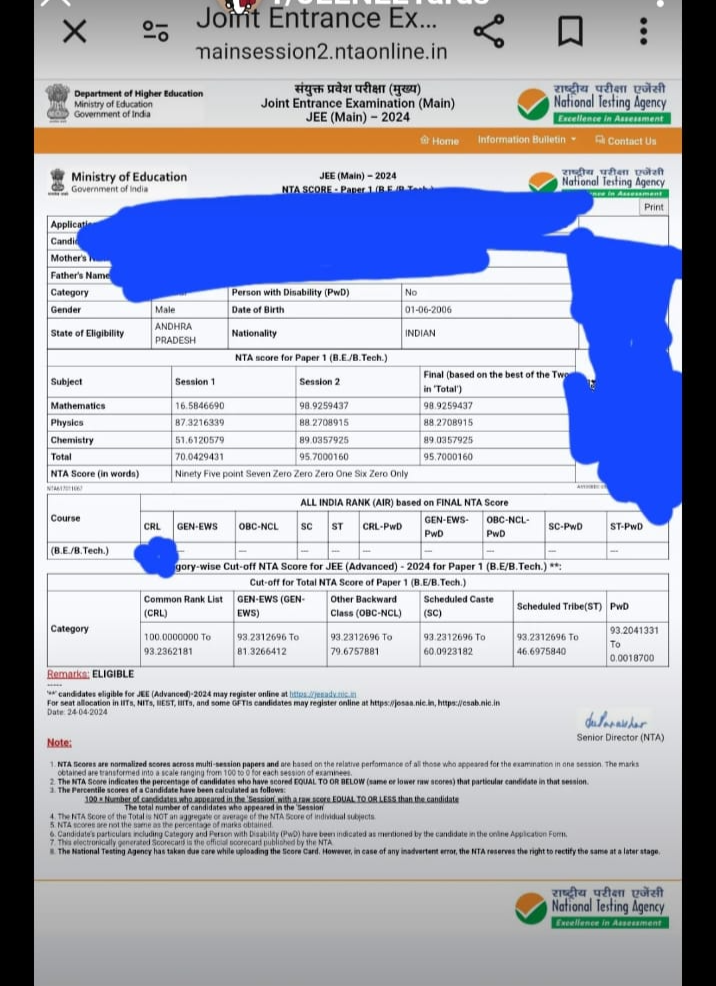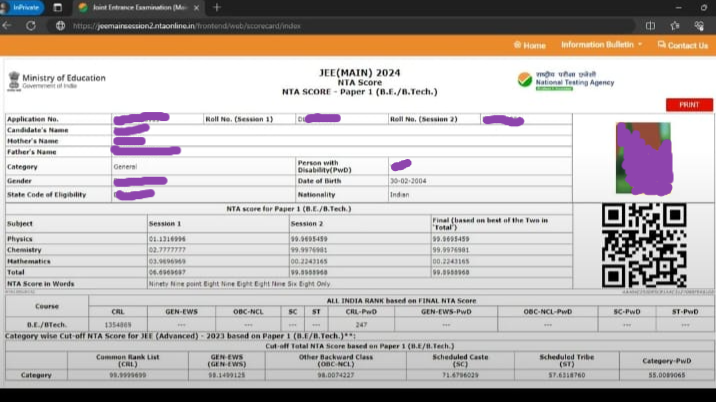CAT Result 2025 – The results of CAT 2025 will be declared in December 2025 (tentative). The direct link to check CAT results will be provided here.
To check CAT 2025 results, log-in to the portal using your registered CAT 2025 ID and password. The result cum scorecard of CAT 2025 will include the section-wise score, scaled score, section-wise percentile, and overall percentile.
In the previous edition of the exam (CAT 2024), 14 candidates scored 100 percentile, including one female candidate. 29 candidates secured 99.99 percentile, while 30 candidates got 99.98 percentile.
The CAT 2025 exam is expected to be conducted in November 2025. Keep reading to learn the full details about the CAT result 2025.
Latest Updates:
Table of Contents
CAT Result 2025
| Particulars | Description |
| When will CAT 2025 results be declared | 3rd week of December 2025 (tentative) |
| Where to check CAT results | The results will be declared online at: iimcat.ac.in |
| Credentials required to check CAT results | CAT 2025 ID and password |
| Format in which CAT 2025 scorecard will be released | |
| Key details included in CAT result | CAT scaled score (overall) CAT score (section-wise) CAT percentile score (section-wise) CAT percentile score (overall) |
| Is there a deadline to download CAT 2025 scorecard | The scorecard will be available only for a limited period of time. In the previous edition, the scorecard was available for download from December 19-31, 2024. So, download the scorecard without any delay. |
| Validity of CAT 2025 score | The scores of the CAT 2025 exam will be eligible for admission in the current academic session only. |
| Download | CAT 2024 – Result Stats |
Also Read:
- CAT cut-off 2025 – Check Institute-wise Opening and Closing Ranks, Factors
- CAT Exam Centers 2025 – City-wise Test Centers, How to Select, Reporting Time
- CAT Exam Pattern 2025 – Section-wise No. of Questions, Marking Scheme, What’s new?
How to check CAT Result 2025
The results of CAT 2025 will be declared online at iimcat.ac.in. The candidate must follow these rules to download the CAT scorecard 2025.
- Go to the CAT exam portal – Click Here
- Click on the result link
- In the log-in window that opens, CAT 2025 ID and password
- On successful log-in, the scorecard will be displayed on the screen
- Download and take a printout of the CAT 2025 scorecard
Note that hardcopies of the CAT scorecard will not be sent to the candidate.
Sample CAT Scorecard
Candidates can refer to the sample CAT result-cum-scorecard given below.
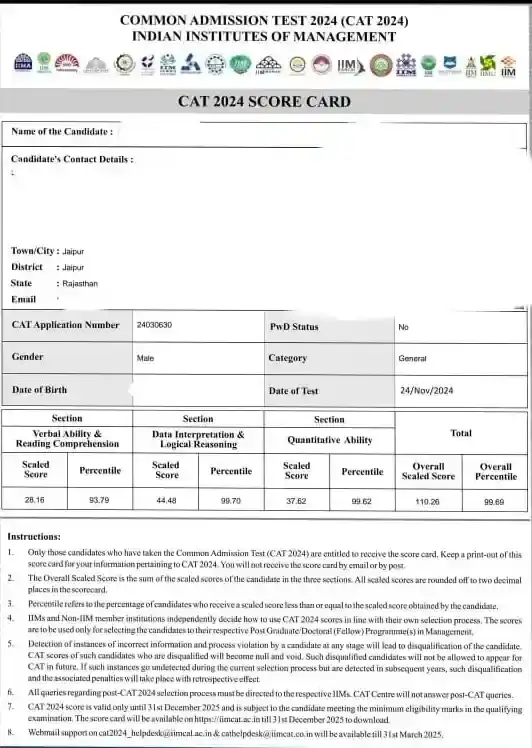
Details mentioned on CAT Scorecard 2025
The CAT scorecard will carry the following information.
- CAT 2025 application number/user Id
- Candidate’s name, date of birth, category and gender
- Date, session and time of CAT 2025 exam
- Section-wise Scaled Score
- Section-wise Percentile Score
- Overall Scaled Score
- Overall Percentile Score
CAT 2024 Toppers
The list of CAT 2024 toppers is given below along with their CAT percentile score.
| S.No | Name of CAT 2024 Toppers | CAT Percentile |
| 1 | Vagish Nangia | 100 |
| 2 | Mani Praneeth Chilukuri | 100 |
| 3 | Vedant Chandewar | 99.98 |
| 4 | Sarthak Jaiswal | 99.97 |
| 5 | Swaraj Pal Kesari | 99.95 |
| 6 | Aniruddh Singh | 99.89 |
| 7 | Shree Ahuja | 99.88 |
| 8 | Rounak Tikamani | 99.69 |
| 9 | Dhruv Mittal | 99.69 |
| 10 | Rajeev Nathani | 99.64 |
| 11 | Shaivi Goyal | 99.54 |
| 12 | Rahul Sinha | 99.49 |
| 13 | Shouvik Chatterjee | 99.43 |
Also Read:
- Best Books to Prepare for CAT 2025 – Section-wise Study Material, How and What to Study
- CAT Exam Pattern 2025 – Section-wise No. of Questions, Marking Scheme, What’s new?
- CAT Admit Card 2025 – When and How to Download, Fixing Discrepancy, Exam-day Instructions
CAT 2024 Top percentile scores: Count, gender, discipline and state-wise distribution
The table below contains the details of candidates scoring 100 percentile, 99.99 percentile and 99.98 percentile.
| Overall Percentile | Total Count | Gender and Discipline | State–wise Distribution |
| 100 percentile | 14 | Female – 1 Male – 13 Engg – 13 Non-Engg – 1 | Andhra Pradesh 1 Delhi 2 Haryana 1 Kerala 1 Maharashtra 5 Odisha 1 Rajasthan 1 Telangana 2 |
| 99.99 percentile | 29 | Female – 2 Male – 27 Engg – 25 Non-Engg – 4 | Chandigarh 1 Delhi 4 Gujarat 2 Haryana 1 Karnataka 3 Kerala 1 Madhya Pradesh 1 Maharashtra 5 Odisha 1 Punjab 1 Rajasthan 3 Tamil Nadu 1 Telangana 1 Uttar Pradesh1 Uttarakhand 1 West Bengal 2 |
| 99.98 percentile | 30 | Female – 1 Male – 29 Engg – 20 Non-Engg -10 | Bihar 1 Delhi 2 Gujarat 2 Haryana 4 Karnataka 4 Madhya Pradesh 3 Maharashtra 3 Tamil Nadu 2 Telangana 3 Uttar Pradesh 2 West Bengal 4 |
CAT Result 2025 – Official Analysis
The official analysis of the CAT 2025 exam results is given below.
Out of the 3.29 lakhs registered eligible candidates, 1.19 lakh were female, 2.10 lakh were male and 14 were transgender candidates. Of the 2.93 lakhs appeared candidates, 1.07 lakh were female, 1.86 lakh were male and 9 were transgender candidates.
Of the 3.29 lakhs registered eligible candidates, the category wise breakup is as follows:
General – 67.53%,
EWS – 4.80%
NC-OBC – 16.91%
SC – 8.51%
ST – 2.25%
PwD (across categories) – 0.44%.
Of the 2.93 lakhs appeared candidates:
General – 67.20%
EWS – 5.09%
NC-OBC – 17.5%
SC – 8.08%
ST – 2.12%
PwD (across categories) – 0.41%.






